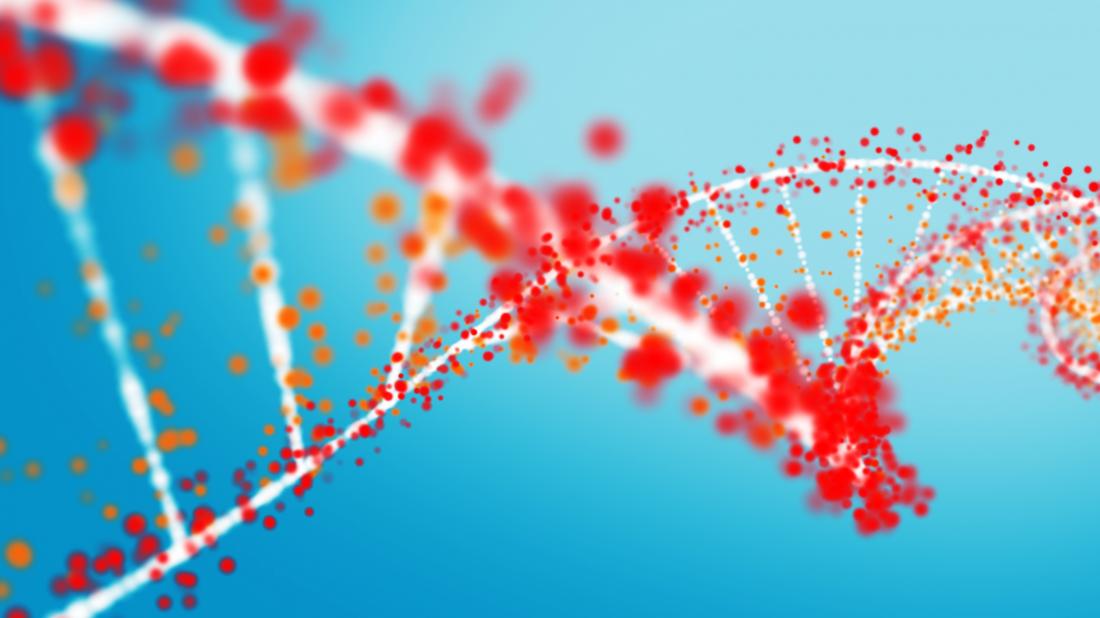Alzheimer's: Common gene explains why some drugs fail

New insights into a specific gene variant may help to explain why some Alzheimer's drugs work in certain people but may fail in others. The findings call for a more personalized approach to drug testing.
Earlier this year, a study led by Dr. Kinga Szigeti, Ph.D., who is the director of the Alzheimer's Disease and Memory Disorders Center at the University of Buffalo, NY, found a key gene that helped explain why some Alzheimer's drugs showed promise in animal models but failed in humans.
The gene is called CHRFAM7A, and it is specific to humans, although only 75% of people have it. It is a so-called fusion gene — that is, a fusion between a gene that encodes a receptor for the neurotransmitter acetylcholine, and a type of enzyme called a kinase.
Acetylcholine plays a key role in memory and learning, and researchers have long linked it with the development of Alzheimer's.
The CHRFAM7A fusion gene encodes the "[alpha]7 nicotinic acetylcholine receptor," but because it only does so in humans, drugs targeting the alpha-7 receptor have proven successful in preclinical, animal models but not in human ones.
The previous study by Dr. Szigeti and her team showed that CHRFAM7A has a modulatory effect on the uptake of the protein beta-amyloid, which is a hallmark of Alzheimer's. However, this previous study was in tissue cultures.
In the recent study, Dr. Szigeti and her team looked at how this gene affects drug effectiveness in humans.
The researchers presented their findings at the Alzheimer's Association International Conference, which took place in Los Angeles, CA.
